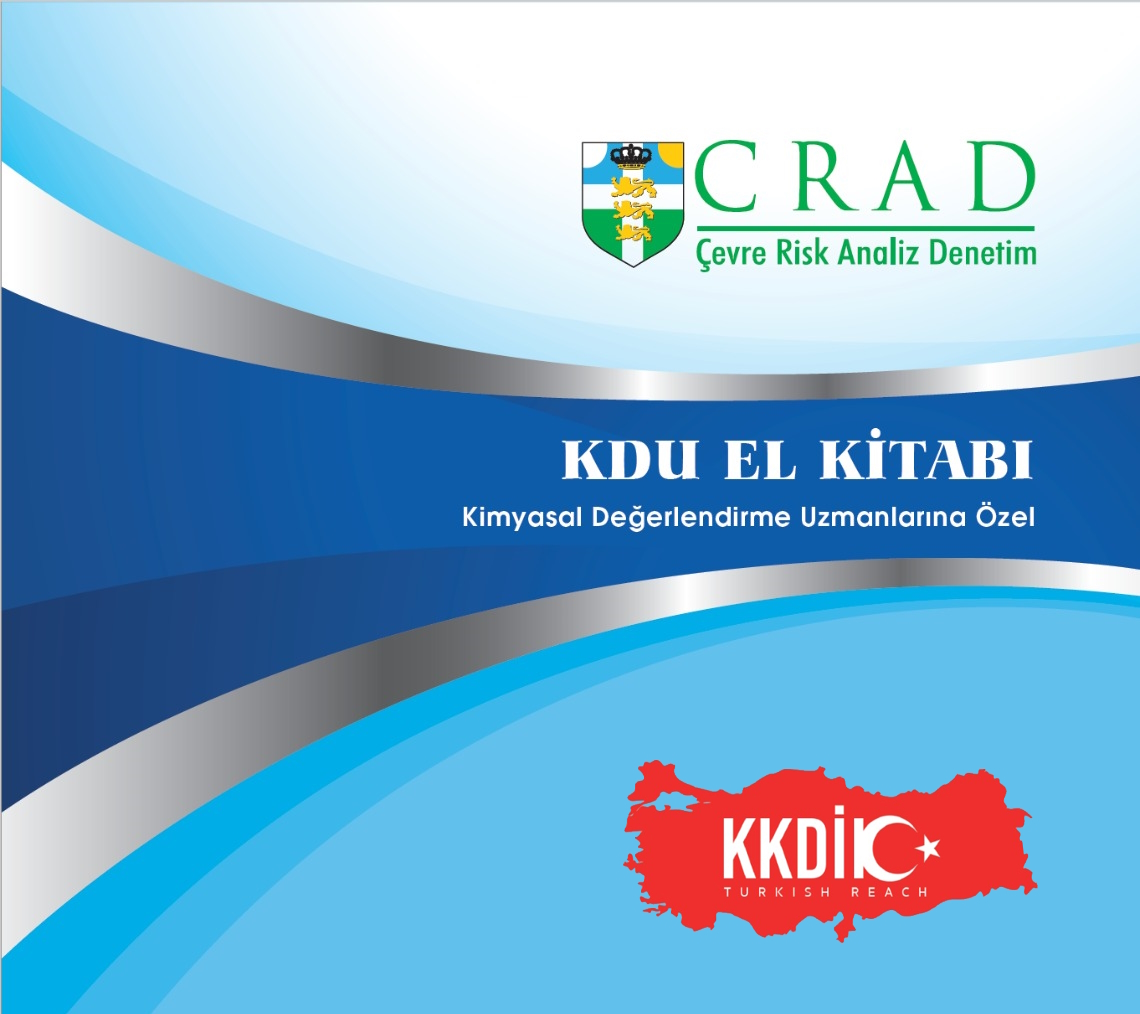KKDIK EXEMPTION: NATURALLY OCCURRING AND CHEMICALLY UNMODIFIED SUBSTANCES
Content addition date : 07-08-2025
Under the KKDIK Regulation (Turkish REACH Regulation), certain substances may be exempt from the registration requirement. One such exemption applies to substances that occur naturally and have not been chemically modified. Such substances do not need to be registered under KKDIK if they are obtained directly from natural sources and have only undergone physical processing. However, the critical point here is that the chemical structure of the substance must remain unchanged. In other words, the fact that a substance is obtained from nature is not sufficient on its own to qualify for exemption; the method by which it is processed is decisive.
In the KKDIK Regulation, the term “substances found in nature and not chemically modified” generally refers to minerals, ores, natural gas, crude oil, certain vegetable oils, and similar substances. For example, crude oil extracted from the ground is exempt if it is made available for use without undergoing any chemical processing. Similarly, natural gas does not require registration if it is made available on the market without any changes to its chemical structure. Minerals that have been prepared using only physical processes, such as grinding, washing, or drying, are also considered within this scope.
A similar situation applies to plant-based substances. Under the KKDIK Regulation, lavender oil is exempt from the regulation because it does not undergo chemical change when obtained solely through steam distillation. However, some plant-based products, such as chrysanthemum extract, are considered to have undergone a chemical process if they are extracted using solvents like ethanol, and thus the exemption does not apply. Therefore, while plant-based oils obtained solely through physical methods, such as pressing or distillation, may be exempt from KKDIK registration, those subjected to chemical extraction are subject to registration requirements.
Another point to consider for the exemption to apply is that the substance must not be classified as harmful to human health and the environment. For example, a substance classified as persistent, bioaccumulative, and toxic (PBT) or very persistent and very bioaccumulative (vPvB) is not exempt from KKDIK registration requirements, even if it is found in nature and has not been chemically altered. Therefore, not only the origin of the substance but also its risk profile must be included in the assessment scope.
Exemptions for substances found in nature are not limited to a specific list; the exemption status of each substance must be assessed separately based on how it is obtained and processed. For example, natural clays such as kaolin and bentonite are exempt only if they are dried and ground, but if these minerals are processed through chemical activation, registration is required. The same applies to fossil fuels such as coal and lignite. Unprocessed coal may be exempt, but briquette products with added components are subject to registration requirements.
In this context, when evaluating their products subject to KKDIK, companies must pay attention not only to the name or commercial use of the substance, but also to its production method, processing history, and classification. Misinterpreting an exemption can led to serious consequences such as administrative penalties and registration delays. For exporting companies in particular, this situation can also result in a failure to fulfil their obligations to their customers.
The registration exemption granted for substances found in nature and chemically unmodified, when correctly understood and applied, provides companies with significant advantages in terms of both time and cost. However, it should not be forgotten that this privilege is full of exceptions, and the status of each substance must be analysed technically and in accordance with the regulations on a case-by-case basis. If necessary, expert opinion should be sought, and these exemptions should be transparently justified in notifications made to the registration system.
















